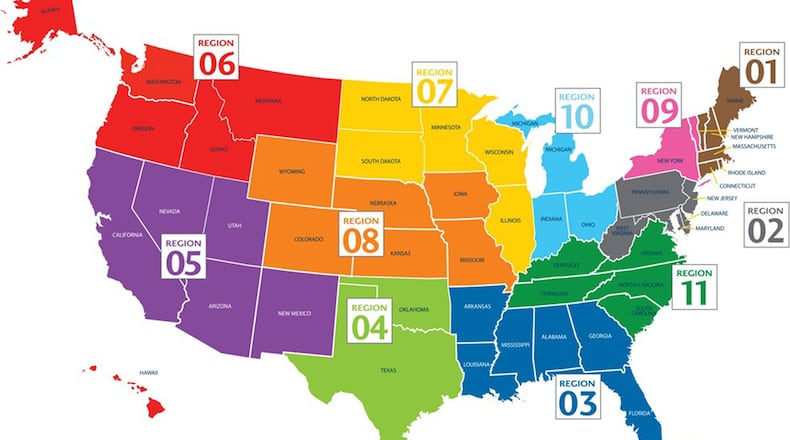A federal appeals court has given a partial victory to the organization that distributes donated livers for transplant in the U.S. The organization is fighting in court to change the way it allocates the scarce organs to patients.
The proposed change, if implemented, is likely to mean fewer livers for Georgia patients and more for states such as New York. Georgia patients and hospitals have sued.
The United Network for Organ Sharing is the organization that runs the national organ distribution system, under contract to the U.S. Health and Human Services Department. A ruling by the 11th U.S. Circuit Court of Appeals brings UNOS a step closer to being able to implement the new policy in the midst of the court fight.
UNOS would like to implement the change while the court case goes on, but it still can’t yet. Additional legal steps would first be required. If those additional things happen, it might not be for weeks or months. Then UNOS must give 14 days’ notice before it flips the switch.
The new policy’s aim is to provide livers to the sickest patients, rather than those who can wait a little longer but are closer. It would loosen geographic barriers for organ donation in a way that would likely send more Georgia livers to patients outside the state.
The current system of distributing donated livers to patients in the U.S. is widely viewed as flawed. Under the current system, a liver donated in South Carolina could not travel the few miles across the border to a Georgia patient in need because the two states are in separate regions.
Instead, the liver would sit, aging, while each transplant hospital in North Carolina, Kentucky, Tennessee and Virginia first decided whether it wanted the organ.
But Georgia patient advocates say UNOS’ proposal to replace that system is also flawed. They say it was developed using wait list data that didn’t take into account how ill-served poor and rural Georgians are slow to get put on organ waiting lists.
In a notice sent to health caregivers Thursday night, UNOS said it would give them 14 days’ notice before it makes any changes.
UNOS knows the final resolution of the court fight is a long way away, and it has already been slapped down once when it started redistribution in May. A federal judge, in an icy ruling, made it go back to the previous system.
The recent ruling affirmed part of the way that UNOS got its new plan approved. But it said the lower court still needed to consider two other complaints raised about the change.
(Note: This story corrects an earlier version by reporting that further legal steps will be required before UNOS can implement the planned change to the system.)
About the Author
Keep Reading
The Latest
Featured



